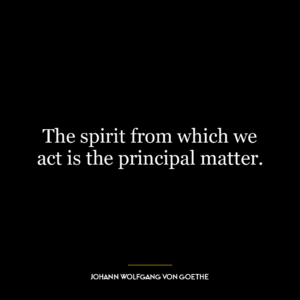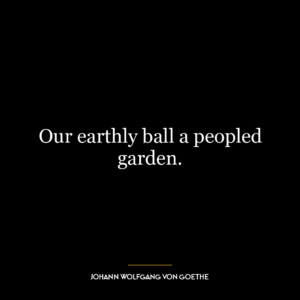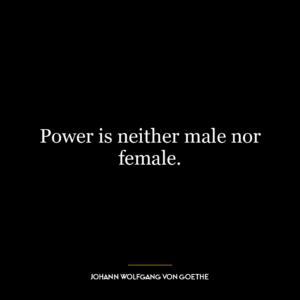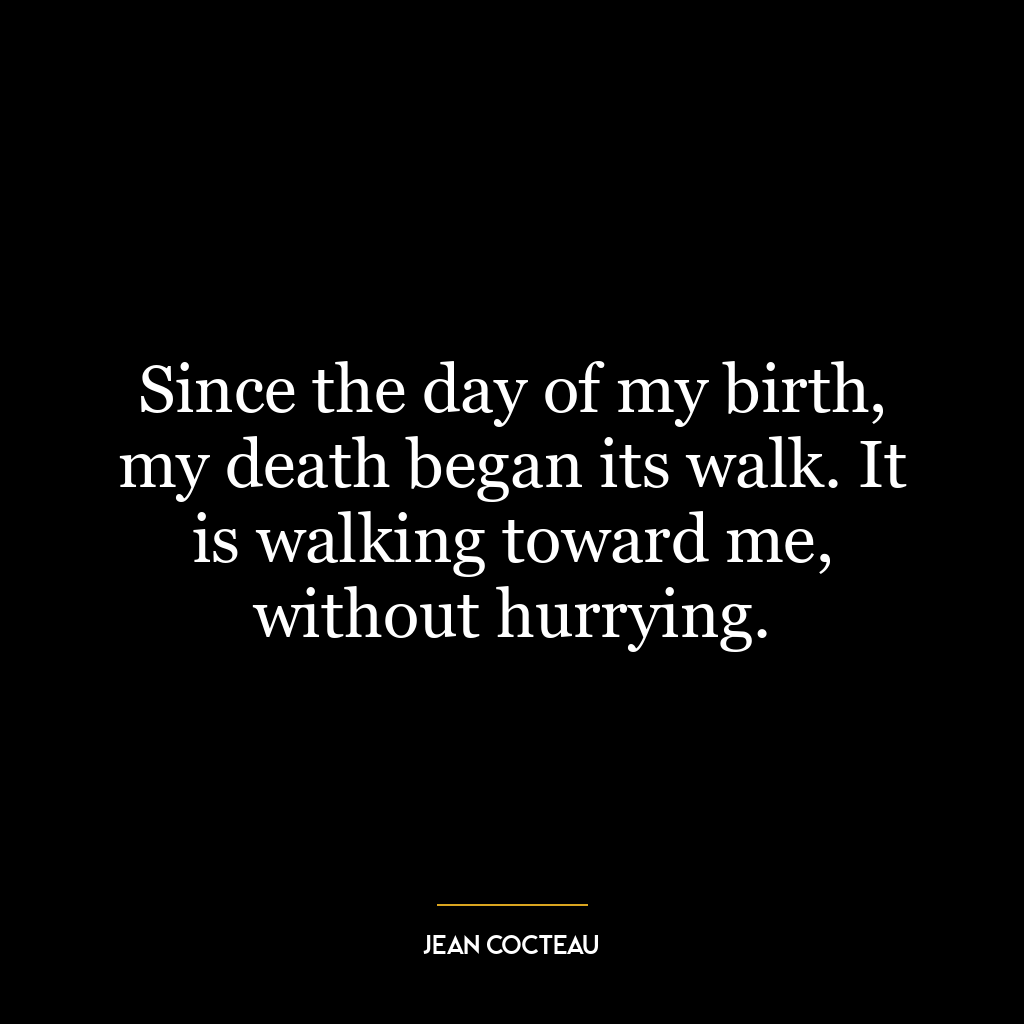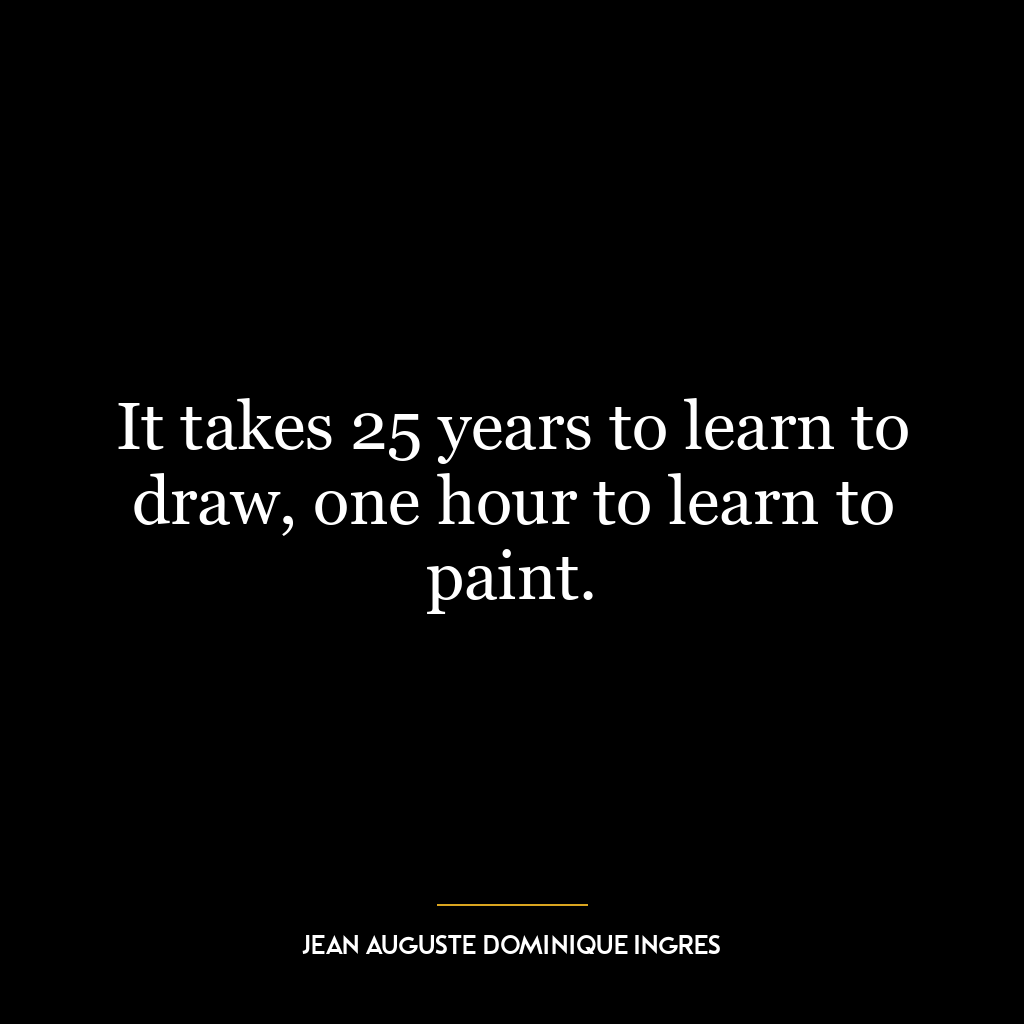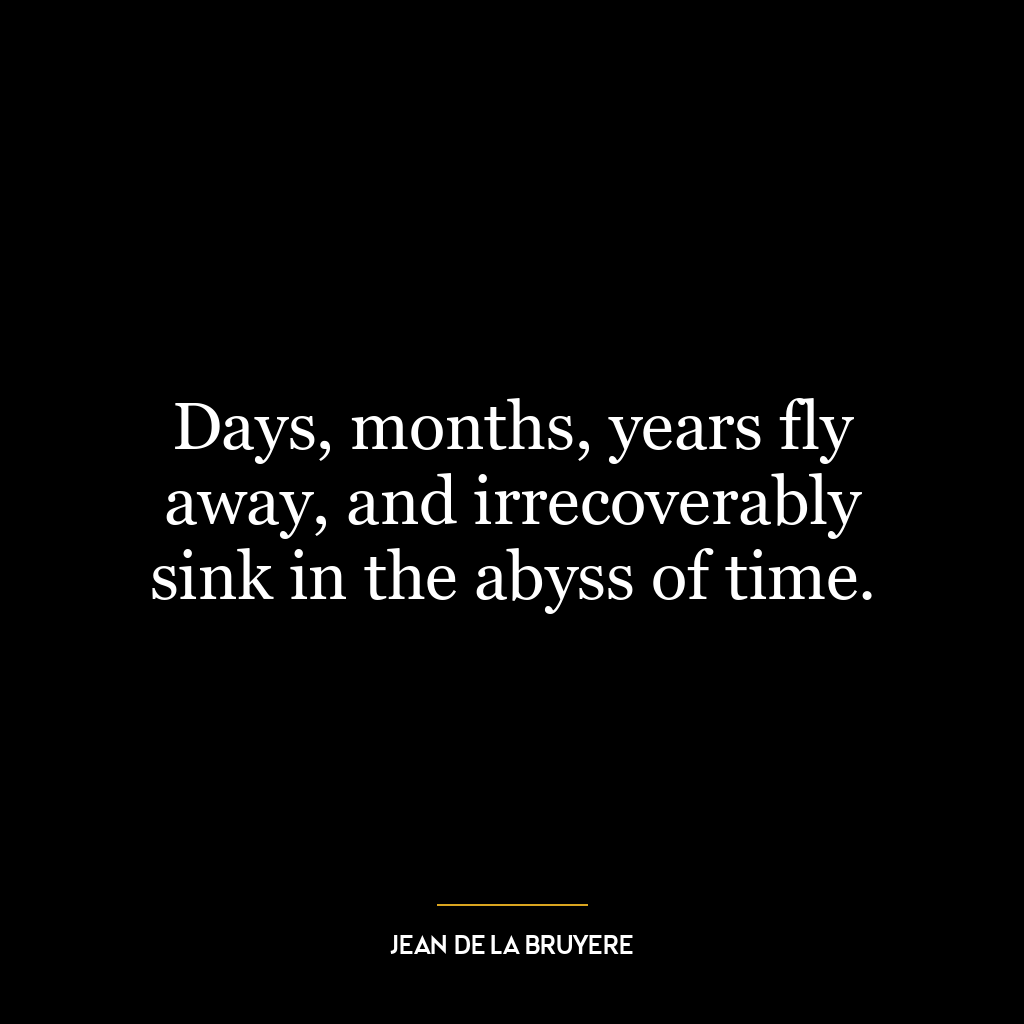This quote encapsulates the idea that time is not a limiting factor if we use it wisely and efficiently. It suggests that we always have enough time to do what is truly important if we prioritize and manage our time effectively. The key concept here is the correct utilization of time, or using it ‘aright’. This means focusing on what’s necessary and valuable, rather than squandering time on unproductive or trivial matters.
The phrase ‘if we will but use it aright’ implies that the power to use time effectively lies within us. It’s a matter of will and choice. This is a powerful idea because it places the responsibility and control of our time in our own hands. We decide what we do with our time, and therefore, we shape our own lives.
Applying this idea in today’s world, especially in personal development, is highly relevant. In our fast-paced, modern society, where demands on our time seem ever-increasing, it’s easy to feel overwhelmed and as if there is never enough time. However, if we heed Goethe’s advice and use our time ‘aright’, we can achieve more than we think.
In terms of personal development, this could mean dedicating time each day to self-improvement activities such as learning a new skill, reading, exercising, or meditating. It could also involve cutting out activities that do not add value to our lives, like excessive use of social media or mindless entertainment.
Moreover, in a professional context, using time ‘aright’ could mean organizing our work more effectively, setting clear and achievable goals, and focusing on tasks that align with our career objectives. It could also involve delegating tasks where possible, to free up time for strategic thinking and planning.
In conclusion, the quote is a timeless reminder that we are the masters of our own time. It encourages us to take control, prioritize, and focus on what truly matters to us. It’s not about having more time, but about using the time we have in the best possible way.







